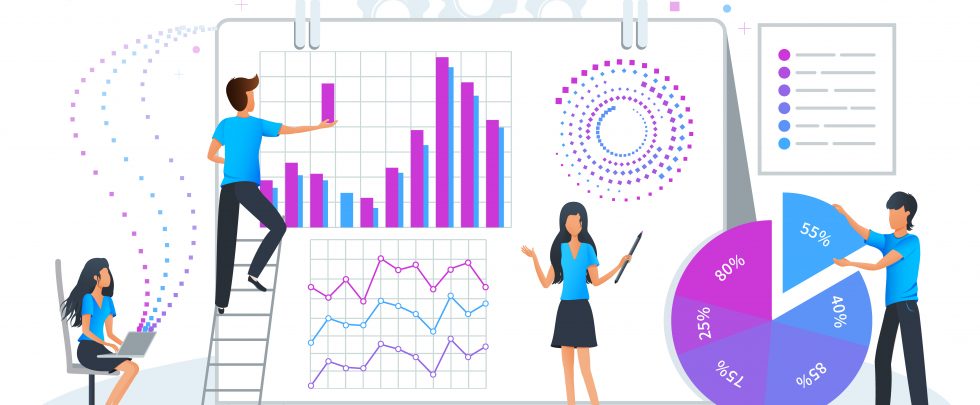Challenges in Big Data in Business Analytics

The most valuable asset in the world today is data and a massive amount of data is being generated in this digitalized world every minute and because of its enormous size, it is termed as Big Data.
Big data, however, comes with benefits and challenges of its own because of its enormous size and variable formats. To have an in-depth knowledge of the challenges that big data comes loaded with becomes important as it helps the organizations to strategize their moves while dealing with big data well in advance. So, in this article, we intend to help you understand the various challenges that an organization usually addresses while utilising and leveraging big data optimally.
- Selecting the Right NoSQL Tools
Selecting the right tool is one of the most challenging tasks when it comes to dealing with big data. With the growth in the size of data being generated every day, the traditional, relational database management systems have become inefficient in handling data. Also, data is being generated in all forms like structures, semi-structured, and unstructured which is impossible for a traditional database to store. So, organizations are required to switch to NoSQL (not only SQL) or non-relational databases like MongoDB, CouchDB, HBase, and others to store, access and process large data-sets efficiently. But it does not end here. There further, are a large number of NoSQL databases to choose from. As each database has benefits and shortcomings of its own, this whole process of selecting the right tools can become confusing for the organizations and wrong selections can lead to huge losses in terms of time and resources.
- Integration of Data
Since, the data to be analyzed comes from diverse sources like social media streams, employee-generated reports and documents, e-mail systems, enterprise applications, etc., and in a variety of formats, enterprises face the problem of data integration after collecting the data.
For example, an e-commerce company may need to analyse data from call centres, website logs, social media, and competitor’s website,s and all these data formats can be very different like texts, audios, videos, and tables and matching these different formats for integration can be very difficult.
- Data Security and Privacy
Security of data can also be a big challenge for organizations with big data stores because these stores can be targets for cybercriminals, who intend to degrade the quality of data by:
- Fabricating fake data and pouring it into the company’s data lakes,
- Producing invalid and inadequate key-value pairs in the map-reduce phase, if they get access to the organization’s mapper code,
- Manipulating the data stored in the cloud if it is not encrypted.
According to a survey by International Data Group (IDG), only 39% of the organizations (less than even half of the total organizations that they surveyed) were using additional security measures for their big data repositories, which was not a smart move. Organizations, therefore, need to pay heed to security issues also, which can be a challenging task.
- Upscaling with Data Growth
The most typical feature of big data is its ability to grow exponentially with time, which is also one of the most serious challenges associated with big data because organizations are in dire need of upscaling and upgrading their systems constantly because of this feature. Upscaling, however, can be complex in terms of the costs, time, and resources required.
To upscale efficiently, organizations need to create decent architectures for big data systems and plan for the system’s maintenance and support well in advance, which is a difficult task, involving a lot of brainstorming.
- Data Quality Issues
As we know that data can flow in from multiple sources so, the quality of data can pose another challenge when dealing with it, as all the acquired data cannot be reliable or relevant. This acquired data needs to be thoroughly cleaned, prepared, verified, and reviewed for compliance to guarantee ideal data quality because inaccurate data can lead to wrong business decisions which further result in huge losses in terms of time and resources.
Summing Up
These are some of the challenges that companies usually face in the process of implementing big data solutions in analytics. These challenges might seem big, but it becomes important to address them adequately as they possess the power to truly change the fortune of an organization.
